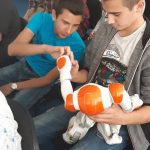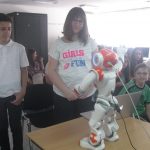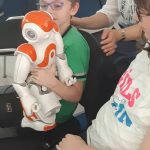The workshop “Future of STEM education on national level: what do we need?”, organized by the Center for Innovation and Digital Education, co-financed by Scientix, was carried out on February 17 and 18, 2023 in Skopje. Teachers, principals, representatives from Ministry of Education and Science, Burau for development of education, National Examination Centre, as well as from the non-governmental sector, companies and experts in the field of education, discussed the current situation, challenges, as well as possible solutions for improving STEM education at the national level.
At the beginning the short presentation about Scientix and Center for innovations and digital education’s activities as NCP was carried out. Participants were also introduced with the recent news about Scientix, the STEM Discovery Campaign 2023, Scientix TV, as well as recent call for Scientix Ambassadors. Discussion about previous Dig-Ed activities, webinars and workshops, as well as published catalogues of good practices was carried out.

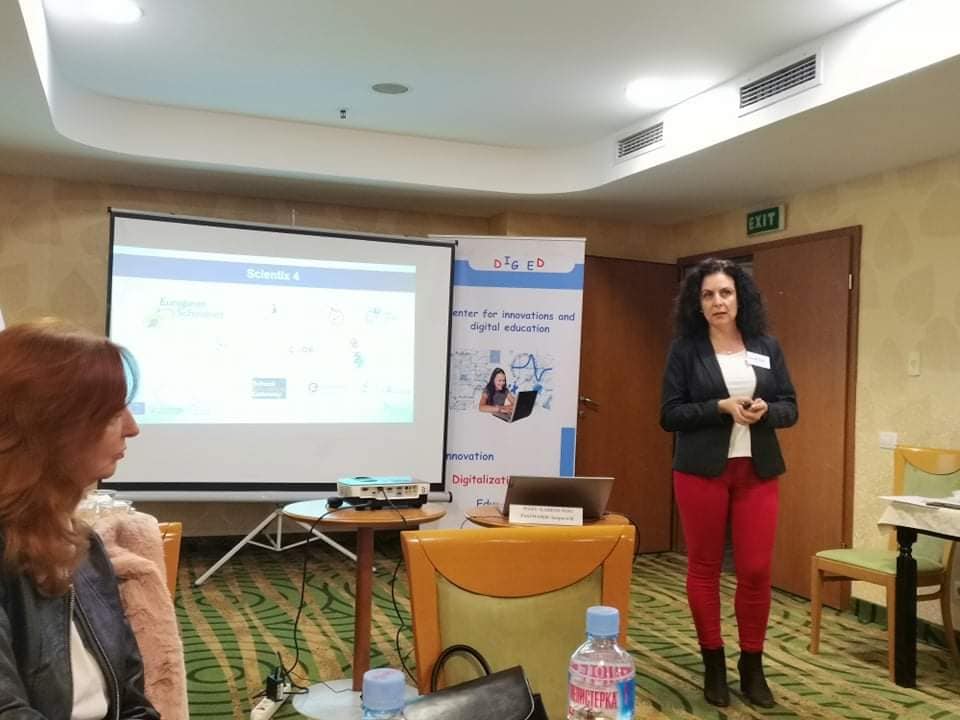
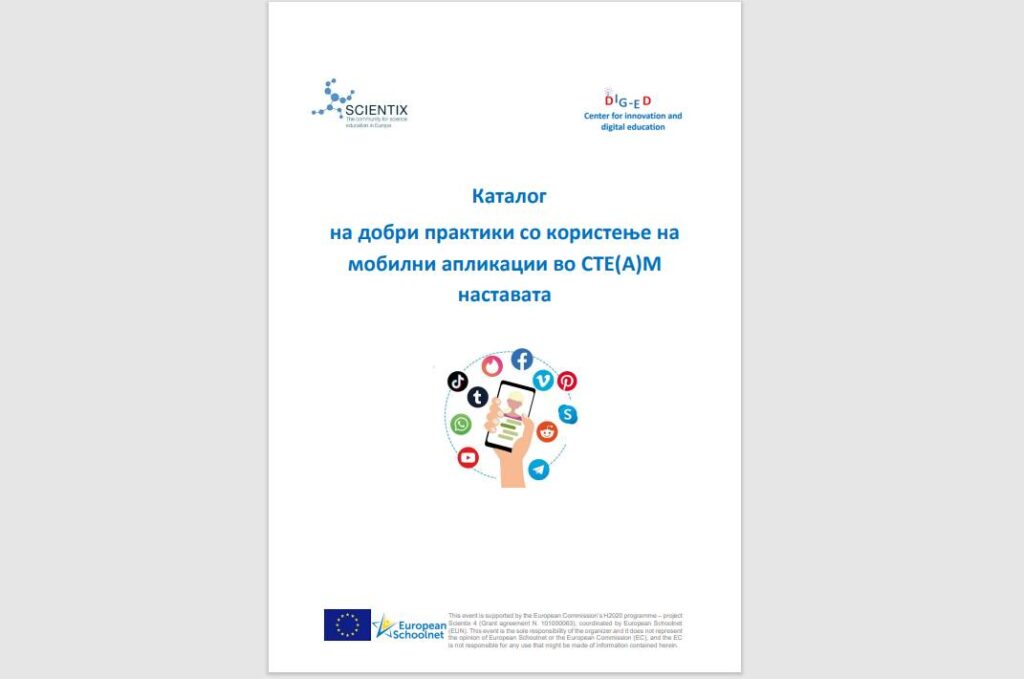
Catalogue with good practices concerning use of mobile apps in teaching, as result of the workshop “Using mobile apps in STE(A)M teaching” and a call about good practices concerning use of mobile apps, was presented during the workshop. The Catalogue contains good practices and describes use of different mobile apps to inspire, motivate and engage students for learning.
The discussion about STEM education on national level was carried out, where participants, from different perspectives described the situation, their expectations and needs. Participants were very satisfied because people with different working background participate at the workshop: participants from schools, state institutions as well as NGOs, educational experts, software companies etc. They all see the current situation from different aspects, so it was very useful to hear each other and to see that they all think that the change is necessary if we want to improve the quality of STEM education on national level.
Divided in groups according to their background, participants discussed about the main challenges that they are facing with and the presentation of the three most important according to their point of view were presented. After the presentation of each group, discussions were initiated in order participants better to understand each other and try to find joint solution for some of the challenges.

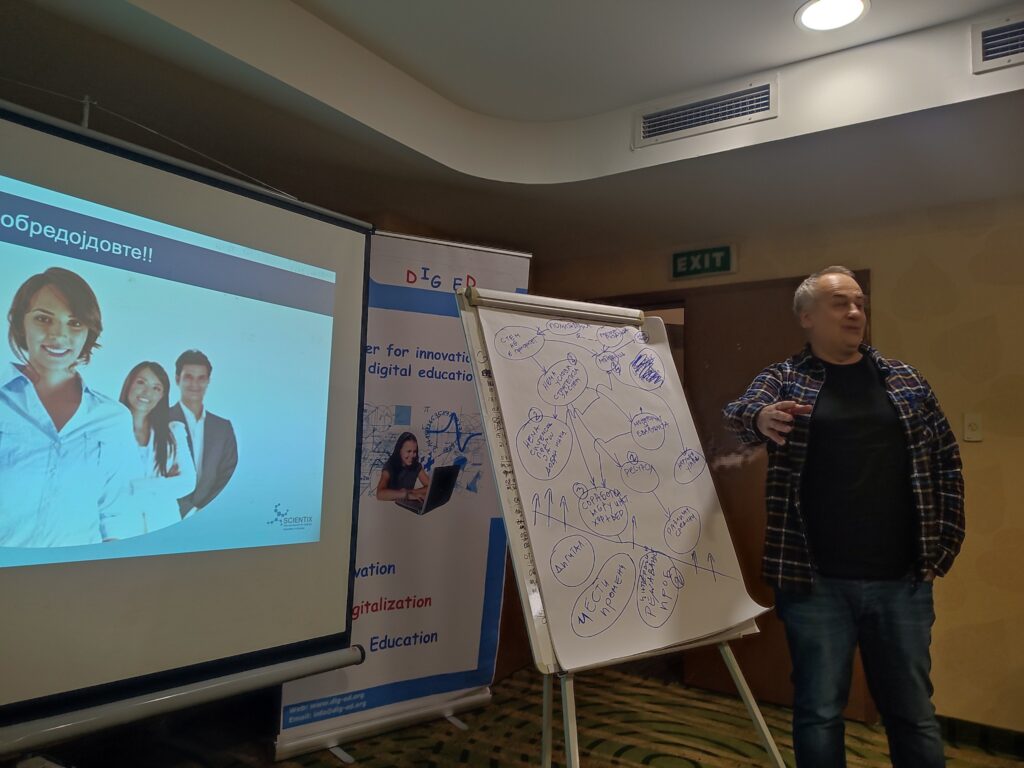
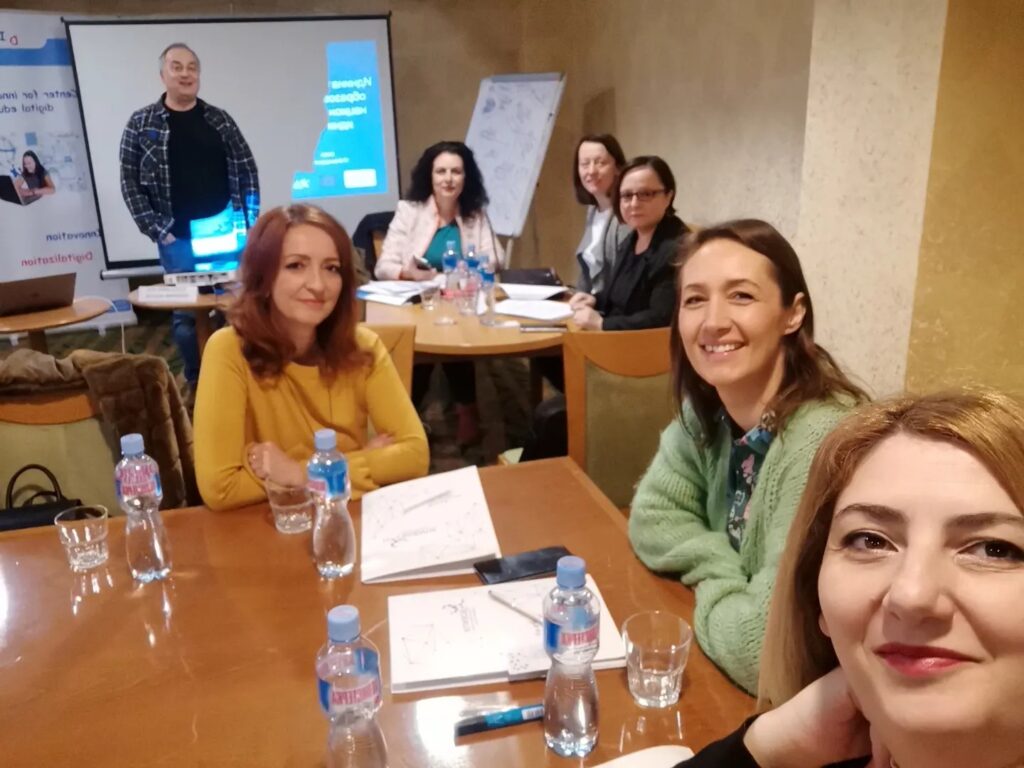
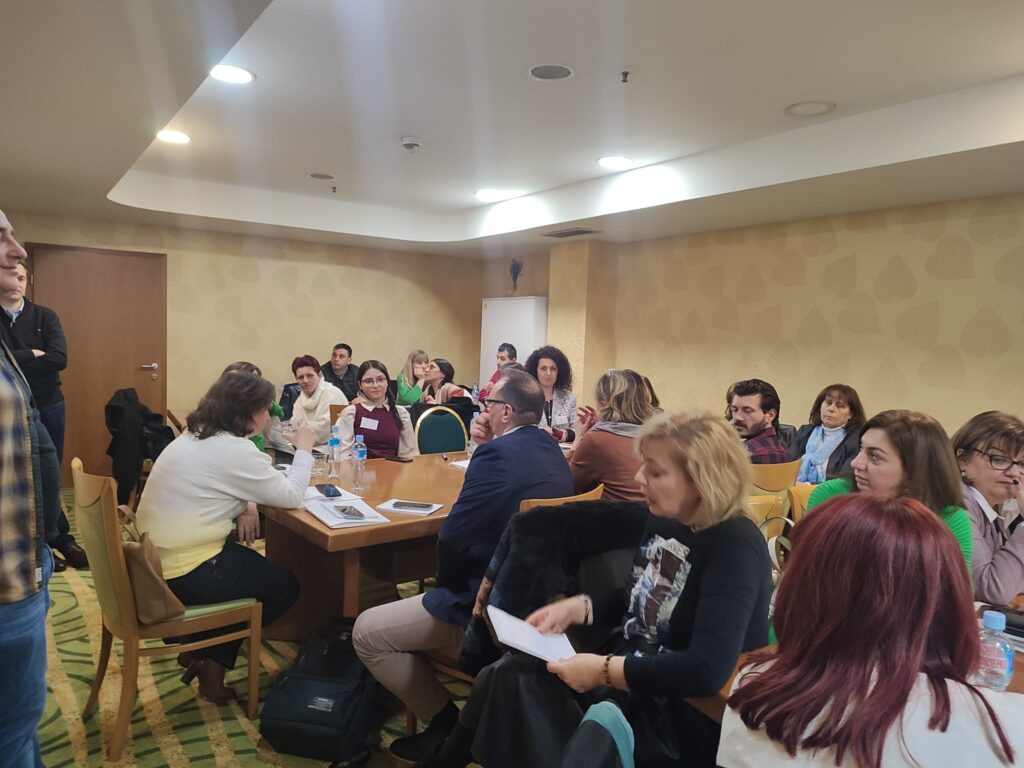
All participants have agreed that STEM is not a priority on national level and popularization of STEM education must be done. Participants has stated that there is a lack of national strategy for the development of STEM education (identifying what we want and how to get there) and a strategy for providing STEM teachers (there is no motivation among young people to enroll in faculties that produce STEM teachers). Another big challenge identified by the participants is the absence of communication and cooperation between the teachers, but also between the institutions (horizontal and vertical support should be provided, between the employees in the institutions, but also between the employees in the different educational institutions). There is also a lack of motivation among teachers due to working conditions, insufficient equipment of schools, insufficient financial benefit etc. Participants also stated that there is a absence of system support for good initiatives and support for teachers who are innovators and are implementing good practices. Frequent changes in education, lack of resources as well as lack of monitoring and evaluation system were also mentioned by the participants. It was interesting that although participants had different working background, they all agree that these challenges must be overcome if we want to improve the quality of STEM education.
Participant have identified challenges on which they can influence like popularization of STEM education, communication of the various stakeholders in the educational process, interdisciplinarity, developing problem-solving skills and acquiring long-lasting knowledge and skills, etc. It was concluded that the if we manage to overcome these challenges, it can lead to systemic changes at the national level.
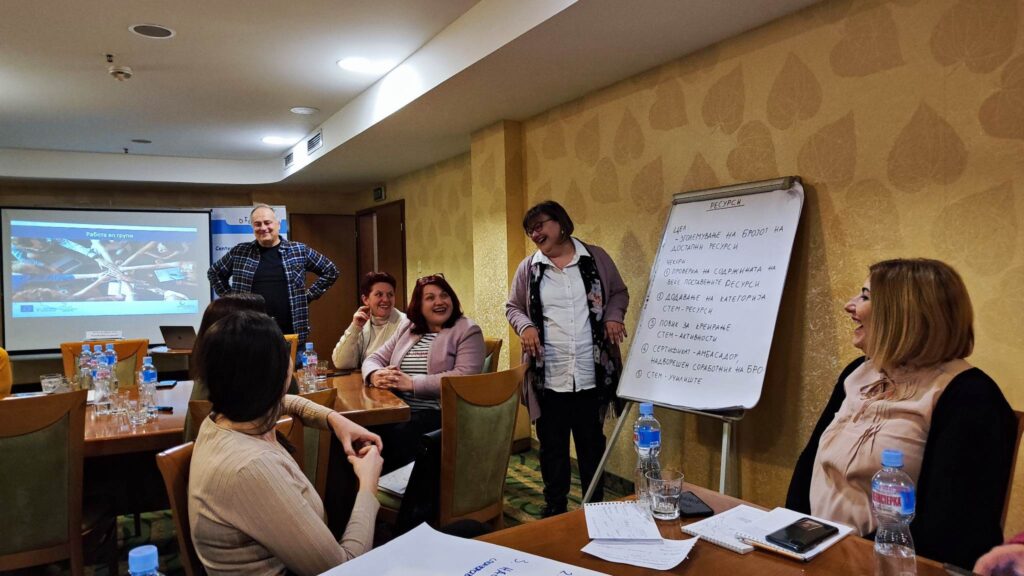
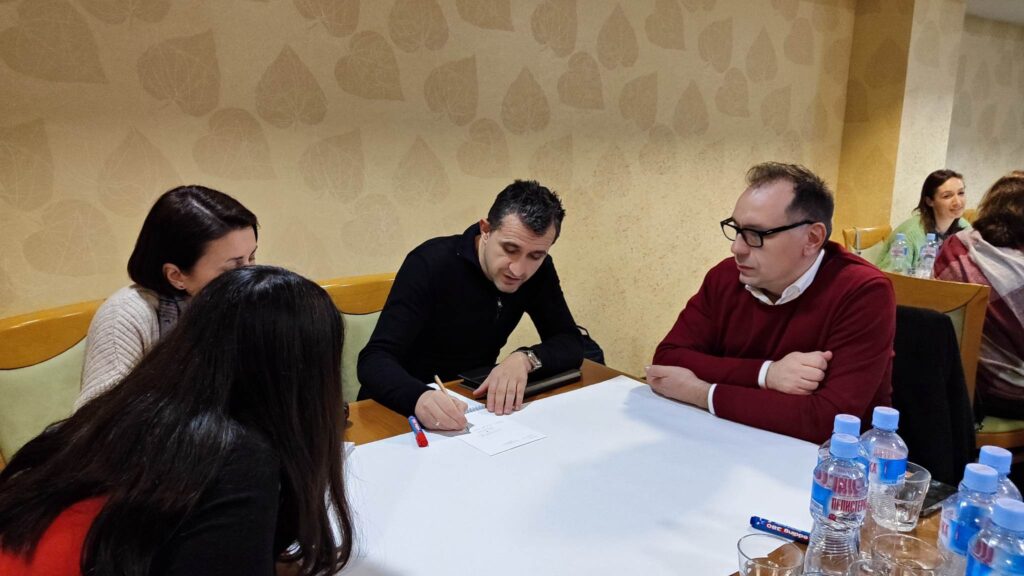
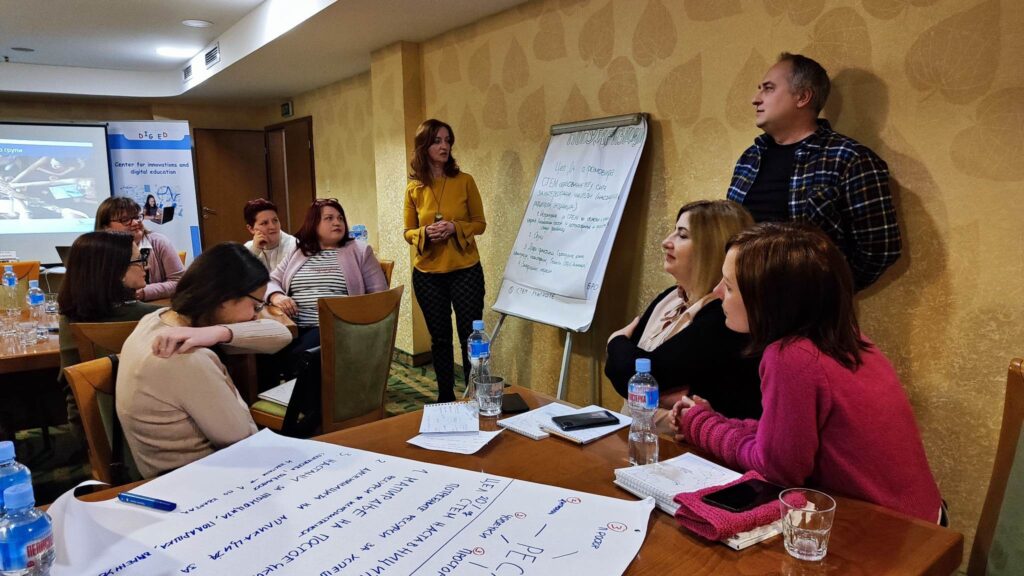

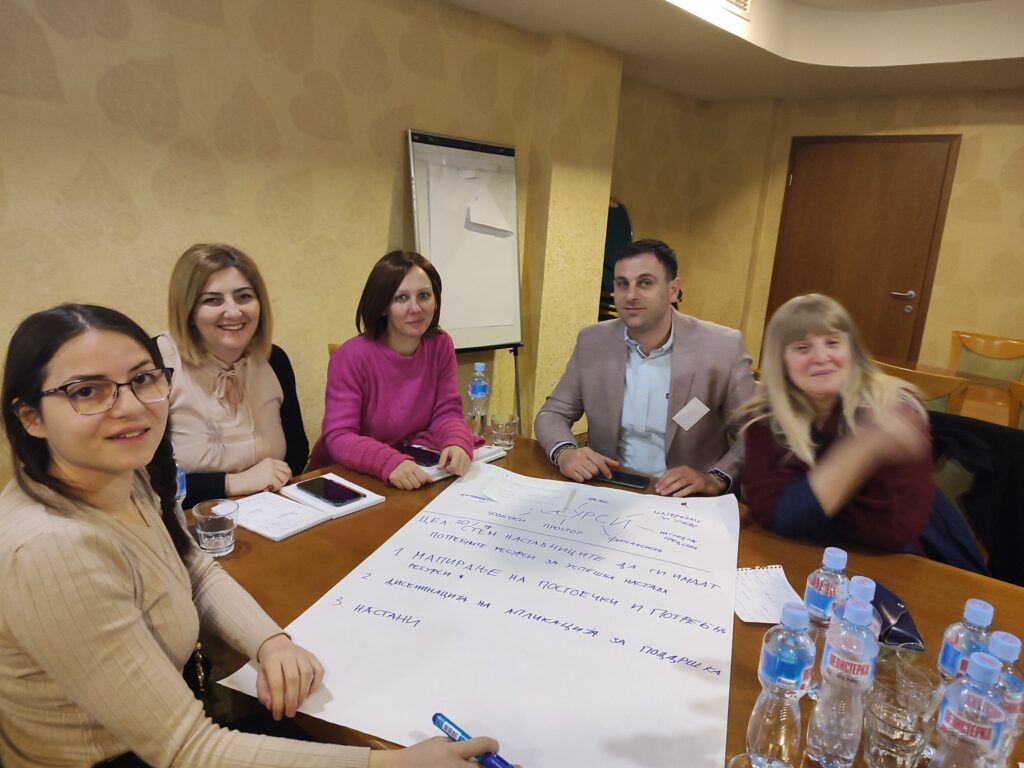


The workshop has continued by working in mixed group. The idea was to think about areas in which they can give a contribution to overcome some challenge, so it was the best option to think about a solution taking into account different perspectives. Tha participants have given ideas about popularization of STEM education on national level, establishing good communication and collaboration among different educational institutions and different stakeholders and establishing a database with good practices concerning STEM education. In that way, different initiatives and projects that promote STEM education and can be used for providing necessary resources were mentioned, like Scientix, naukazadeca and Eduino portal (providing free educational materials and resources), OXO production, Coach Microlearning (apps for learning different material in primary education) etc. Participants were also Inspired to share their examples of good practices which can be re-used by other teachers on national level.
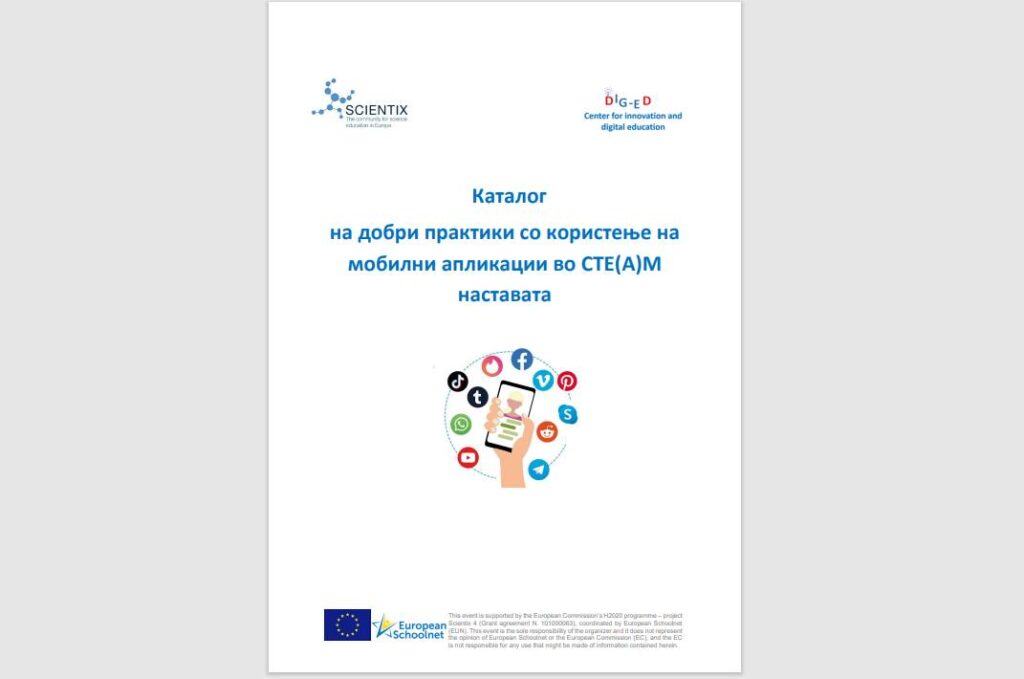
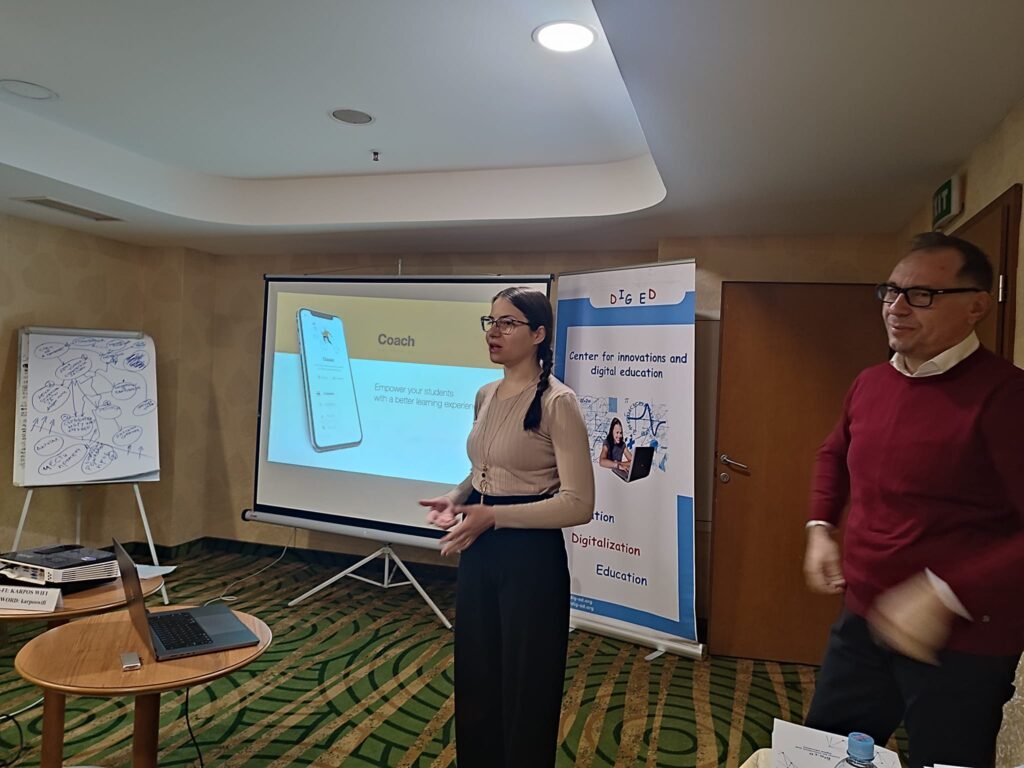
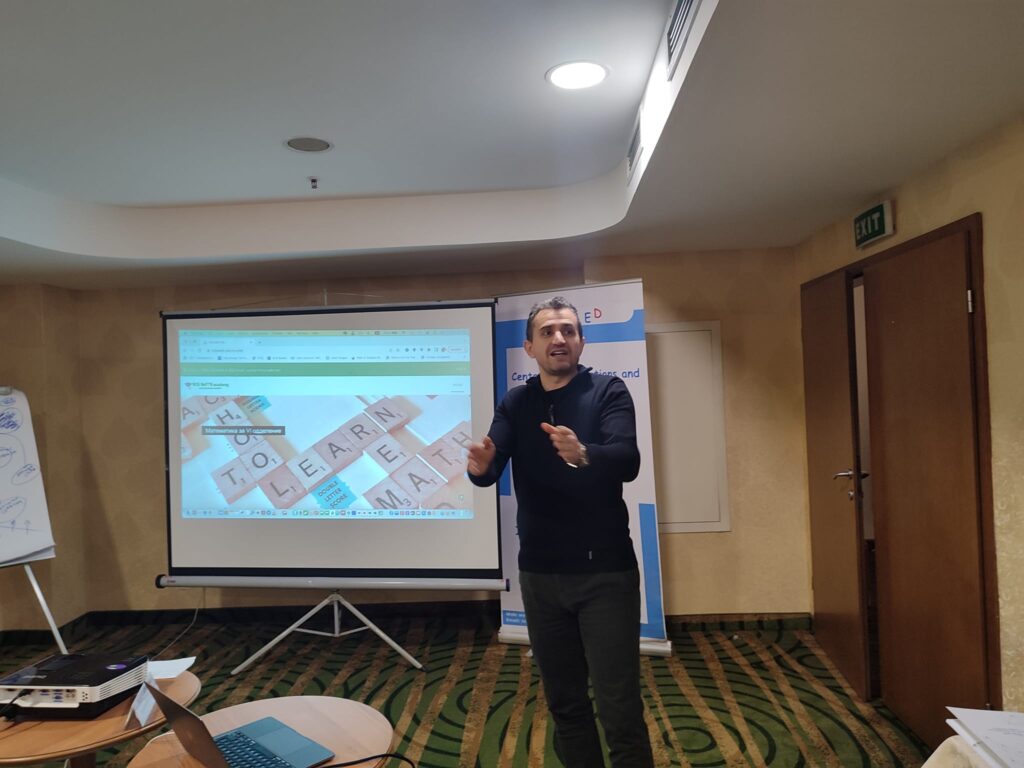
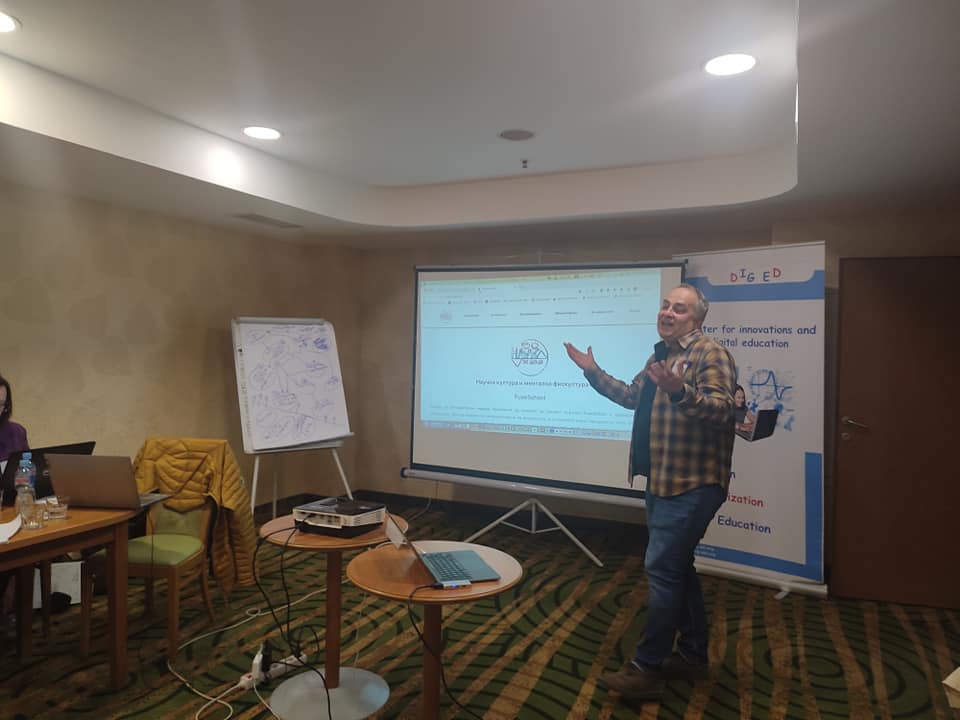
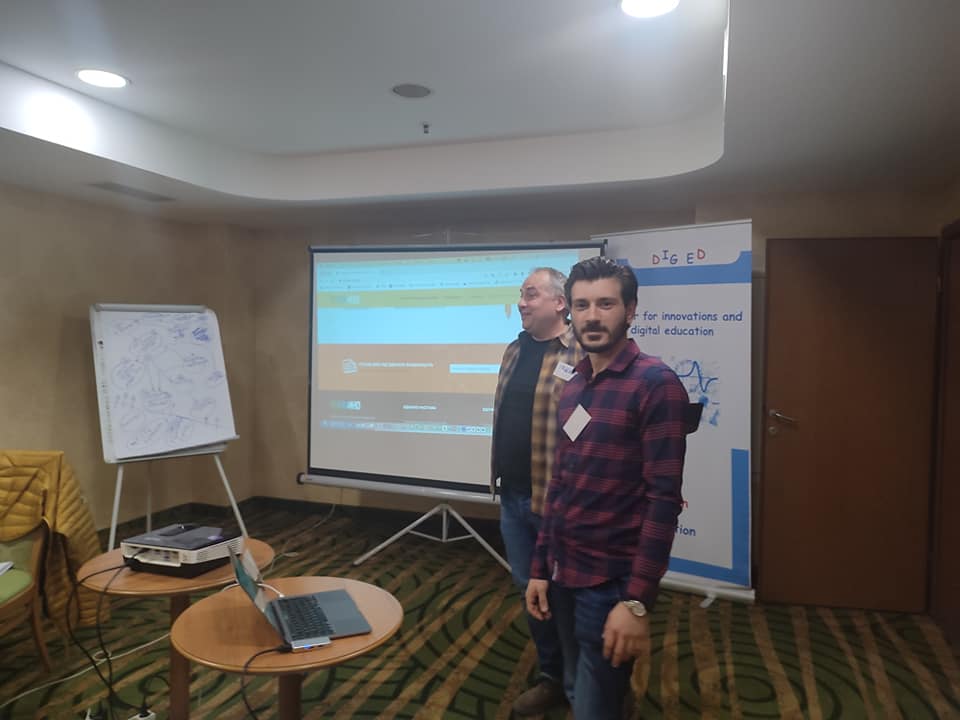

It was interesting that although participants were with different backgrounds, they managed to understand each other opinion, needs and expectation and jointly to talk about solution. They were satisfied that they have similar challenges and ideas how to overcome them and that they are all on the same side – side of the students. The workshop was a good starting point for future activities that can be implemented on national level in order to improve the quality of STEM education.


